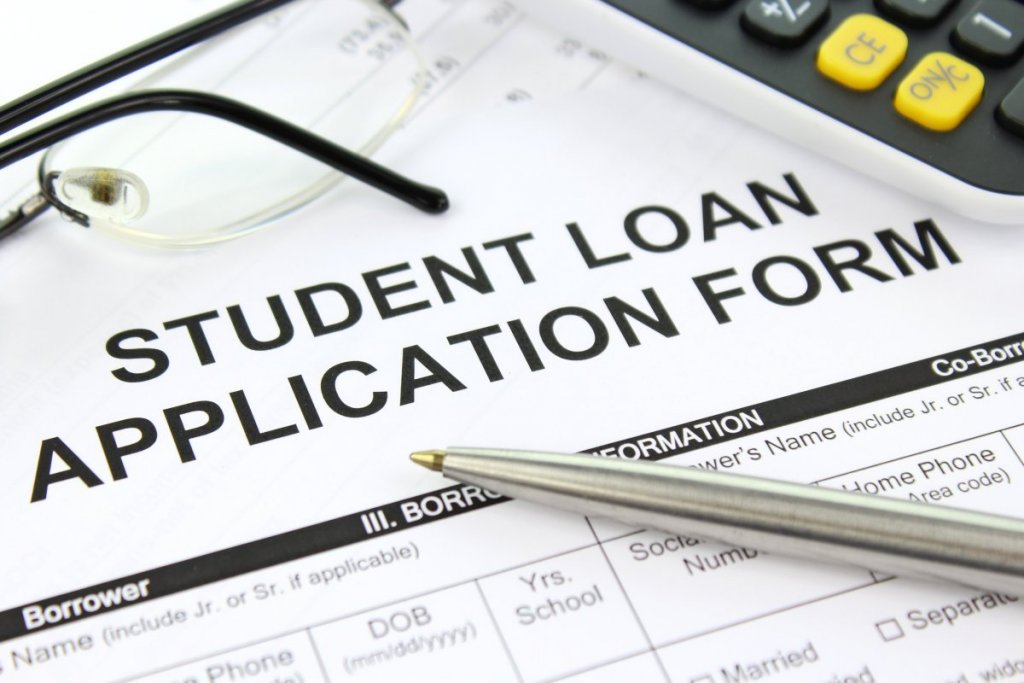Student Loan Reduction Requires Paying State Taxes
Forgiven debt treated as income. Evers favors change in law to address this.

Photo by Nick Youngson via Creative Commons CC BY-SA 3.0
Wisconsinites who benefit from President Joe Biden’s student loan forgiveness plan are going to see a higher bill when they file their state income taxes next year.
Under the plan, borrowers who earn less than $125,000 will have at least $10,000 in student loan debt wiped away. Borrowers who received federal Pell grants — meant for low-income borrowers who demonstrate “exceptional” financial need — are eligible to have up to $20,000 in debt forgiven.
Most states follow the federal tax code, which last year was updated as part of the American Rescue Plan Act (ARPA) to temporarily exempt student debt forgiveness from being taxed. However 13 states, including Wisconsin, stray from the federal tax code.
Wisconsin is in line with the federal code as of Dec. 31, 2020. Because this was before the ARPA was passed, the discharge of the student debt still counts as taxable income. A Tax Foundation official told the Milwaukee Journal Sentinel that most Wisconsin borrowers will be taxed about $530 on the debt discharge.
One Republican, Rep. Adam Neylon (R-Pewaukee), told the Journal Sentinel that he opposed eliminating the tax.
“This might be the first tax break I’d oppose,” he said.
Wisconsinites likely required to pay taxes on forgiven student debt was originally published by Wisconsin Examiner





















wow, can’t believe the press gives Evers a free pass on this.
“addressing the issue in the next state budget” is a laughable response. grow a spine, ask the governor how addressing a 2022 tax issue next year (in 2023) would work.
is it really too difficult to ask a logical question????
Republicans against tax cuts??!! Oh yeah, it helps “poor” folks and POC, of course they’re against it.
Wardt01, I can think of two ways this problem could be handled via the 2023-25 budget (and perhaps there are other ways, too).
Evers (or Michaels, if he wins) is required to submit the 2023-25 budget by January 31, 2023. This provides a window of over 2 months before the 2022 taxes are due during which the Legislature is in session and passing laws. If the law is changed by April, 2023, no tax is due.
Another way of dealing with it would be for debtors to simply delay applying for a few months. Even if you apply on the first day possible, and even if everything goes right, your debt won’t be forgiven until late November or even early December. (Application forms won’t be available until sometime in October, and once submitted, it is expected to take another 4-6 weeks to process.) By simply delaying your application a few weeks, you could push your taxable “income” into 2023 (which would delay the payment due date until April 2024—long after the 2023 budget is in place).